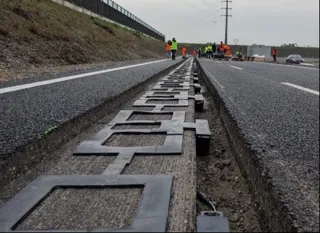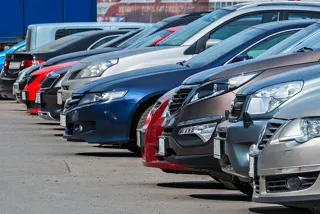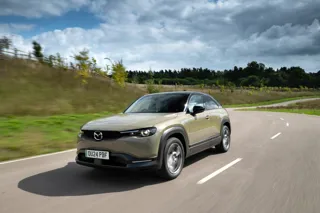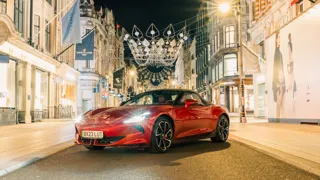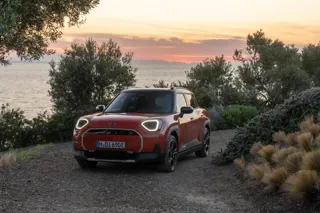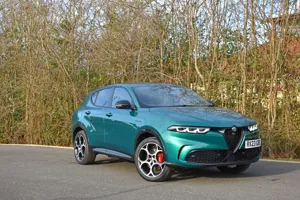Toyota Land Cruiser: prices and specifications
Toyota has confirmed pricing for its all-new Land Cruiser that adopts a rugged look to emphasise its durability and off-road capability.
Car News
26 Apr
Features and analysis
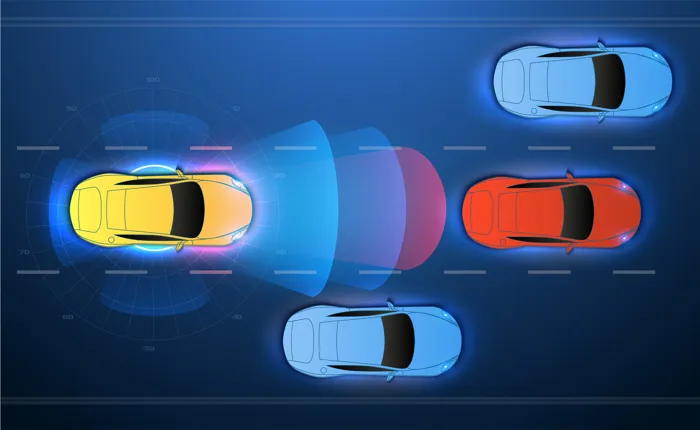
New technologies change face of vehicle safety
Organisations can take major steps in preventing collisions by adopting some of the latest advanced driver assistance systems available on new vehicles.
Fleet procurement
26 Apr
Electric Fleet
Events
Car, van and truck reviews
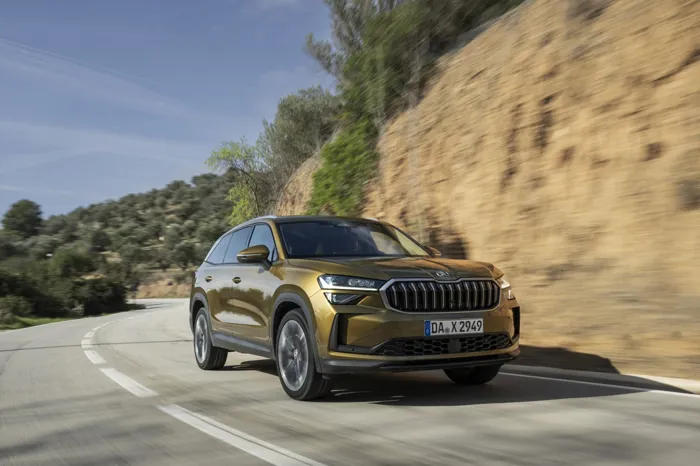
Skoda Kodiaq first drive | PHEV brings greater fleet appeal
Skoda has improved the Kodiaq in just about every way and the addition of a PHEV powertrain means it now makes a lot of sense for company car drivers.
25 Apr





